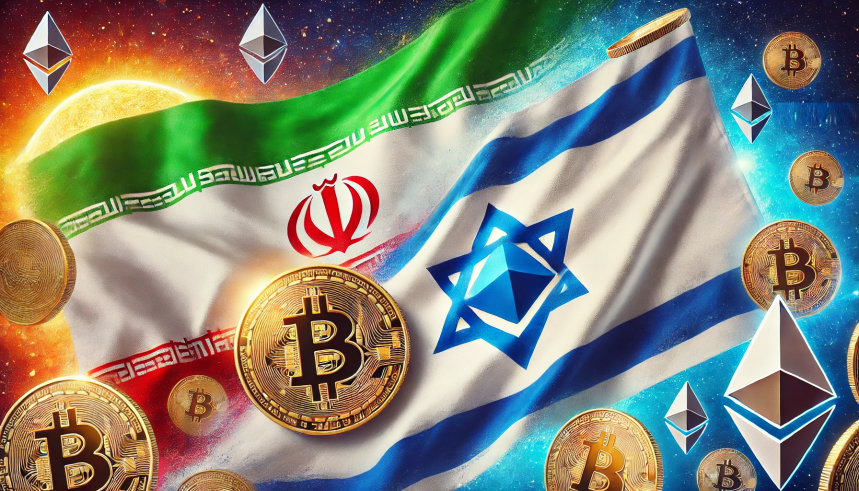Cryptocurrency Investors Caught in the Crossfire of Iran-Israel Conflict
Concerns Rise as International Terrorist Funding Ties Cryptocurrency to Recent Attacks
Cryptocurrency investors are facing increasing uncertainty as the ongoing conflict between Iran and Israel deepens. In a recent revelation, international investigators have uncovered that the recent attack on Israel, allegedly orchestrated by Iran, was partially funded through the use of cryptocurrencies. This revelation has sent shockwaves through the digital asset community, as governments and regulators tighten their scrutiny of crypto transactions linked to illicit activities.
The Rise of Cryptocurrency in Conflict Funding
According to intelligence reports, international terrorist groups have leveraged the anonymity and decentralization of cryptocurrencies to move funds across borders, evading traditional financial systems. It is believed that several exchanges, Initial Coin Offerings (ICOs), and Security Token Offerings (STOs) were unknowingly used to facilitate these transfers.
In response, global financial regulators are now urging all cryptocurrency exchanges and projects to enforce stricter Know Your Customer (KYC) and Anti-Money Laundering (AML) protocols. However, the requirements will vary across different platforms, depending on their size, location, and type of cryptocurrency project.
Impact on Investors
For investors, this means new hurdles. Many exchanges have already begun requesting additional verification from users, a process that can involve submitting identity documents, proof of residence, and in some cases, the source of funds. Some investors have expressed frustration over the varying standards and processes across platforms, which has led to delays in accessing their funds.
One investor, speaking anonymously to BBC News, said:
“I understand the need for security, but it’s becoming difficult to keep up with all the verification steps. Each platform seems to have different requirements, and it’s frustrating for those of us who have been compliant all along.”
Global Crypto Exchanges Respond
Major exchanges like Binance and Coinbase have announced plans to enhance their security protocols. Binance CEO Richard Teng:
“We are committed to maintaining the integrity of our platform while supporting law enforcement in preventing illegal activities. We are continuously improving our KYC processes to ensure compliance without compromising user experience.”
However, some decentralized platforms, which operate without a central authority, face unique challenges in enforcing verification protocols. Regulators have flagged these platforms as particularly vulnerable to misuse, further fueling calls for global regulatory reform.
A Global Call for Action
As the conflict intensifies, and with the added pressure of increased terrorist involvement in the cryptocurrency space, the international community is pushing for unified regulatory standards. Experts believe this could lead to widespread changes in the way crypto markets operate, particularly in regions where regulation is currently lax.
For now, investors are urged to stay informed and comply with any new verification requests from the platforms they use, as non-compliance could result in restrictions or suspension of their accounts.
What Happens Next?
While the future of cryptocurrency regulation remains uncertain, one thing is clear: the world of digital assets is entering a new era of scrutiny, as geopolitical tensions intersect with the rise of decentralized finance.


